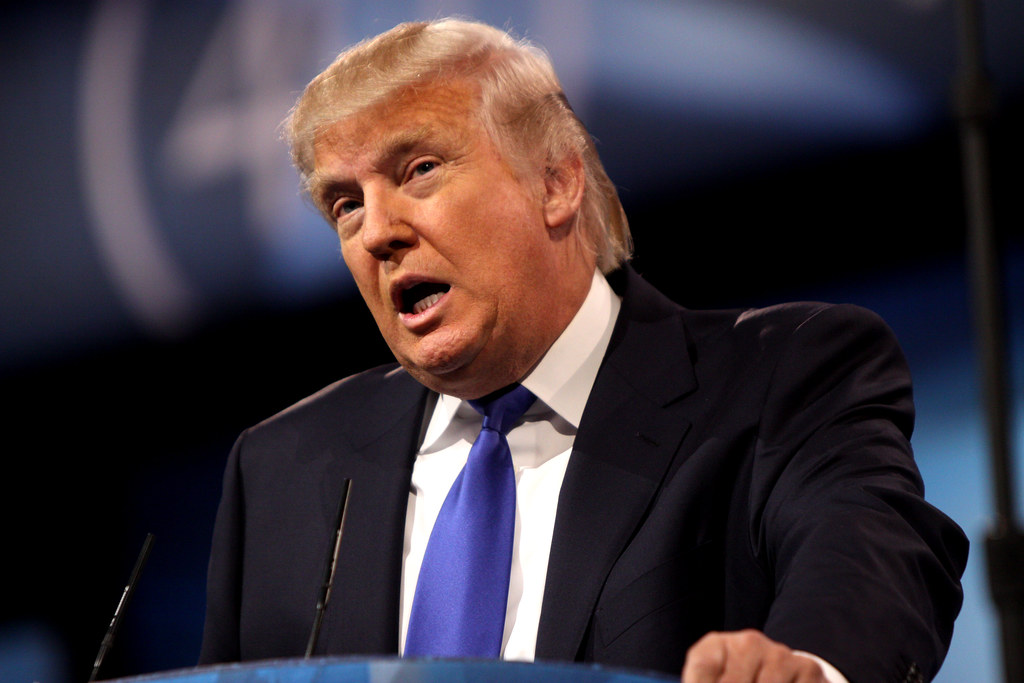Key Takeaways
- President Trump plans a new $100,000 H-1B visa fee for high-skilled foreign workers.
- Top tech CEOs praise the H-1B visa fee, hoping to influence policy details.
- Experts say flattery can open doors to direct talks on policy design.
- The move may reshape U.S. tech hiring and affect smaller startups.
Why Tech Leaders Praise This H-1B Visa Fee
President Trump surprised many by proposing a $100,000 charge on each H-1B visa. This permit lets skilled workers join U.S. tech firms. Instead of anger, some CEOs are publicly thanking him. Their praise may hide a plan to guide the final policy.
The H-1B Visa Fee Proposal
First, the plan sets a $100,000 H-1B visa fee per worker. This fee sharply jumps from current costs of a few thousand dollars. Proponents say it will push companies to hire Americans first. However, critics warn it could slow innovation and raise costs for startups.
Next, the fee would apply only to new visas. It won’t affect workers already in the U.S. Firms could still sponsor transfers, but at a high price. This change aims to make companies careful about hiring foreign talent.
Tech CEOs Turn Up the Praise
Surprisingly, NVIDIA’s leader spoke warmly of the H-1B visa fee. He said the brightest minds build America’s future and praised the president’s move. Then OpenAI’s CEO jumped in, calling the fee a way to streamline hiring and align incentives.
These comments aired on major networks. Both executives thanked President Trump for focusing on what they call “critical talent.” Their praise seemed genuine, but insiders suggest a strategy at work.
Why Flattery Matters
Flattery can open closed doors. CNN’s Brian Stelter explains that praising the president may win CEOs a seat at the table. By boosting Trump’s ego, they hope to shape final rules on the H-1B visa fee.
Indeed, leaders often curry favor to influence powerful figures. In this case, they risk a fee that could reshape global hiring. Instead, they choose to shine a positive light. The strategy is simple: compliment to connect, and then negotiate.
What This Means for Tech and Immigration
Moreover, the new H-1B visa fee could raise the cost of innovation. Large firms might absorb the fee, but small startups may struggle. A small company paying $100,000 per visa might rethink its hiring plans.
Also, foreign talent could look to other countries with friendly rules. Canada and Europe may attract top engineers instead. Consequently, U.S. tech could lose its competitive edge in key areas like AI and semiconductors.
However, some argue this fee might encourage hiring U.S. graduates. That could boost local universities and training programs. But experts worry that simply raising costs won’t fill advanced roles overnight. It could create talent gaps in crucial fields.
How CEOs Can Still Shape Policy
Furthermore, by praising the H-1B visa fee publicly, CEOs can start private talks with the administration. They can offer ideas to refine fee structures, create exemptions, or add credits for startups. This could lead to a more balanced plan that protects U.S. workers and keeps innovation alive.
Finally, these leaders aim to turn a high fee into a win-win. They hope the administration sees their support as proof that tech companies care about American workers. In return, CEOs seek a chance to tweak the policy’s details.
Looking Ahead
In summary, the H-1B visa fee plan has stirred both surprise and strategic flattery. Tech CEOs praise the fee on airwaves, hoping to shape its final form. Their approach shows how business and politics often mix compliments with negotiation.
As the policy moves forward, watch for announcements on exceptions or reduced rates. The direction will reveal how much influence industry leaders truly hold. Meanwhile, startups and job seekers will prepare for these big changes.
Frequently Asked Questions
What exactly is the new H-1B visa fee?
The new fee proposal would add a $100,000 charge to each new H-1B visa application. It aims to encourage firms to hire more U.S. workers.
How might the fee affect small tech startups?
Startups could face higher hiring costs. Paying $100,000 per skilled worker could slow down their growth and limit talent access.
Why are tech CEOs praising the fee publicly?
By praising the fee, CEOs hope to gain direct access to the president. They want to influence the final details of the policy.
Could this fee change lead to more U.S. hires?
Possibly. Higher costs for foreign talent might push companies to train and hire Americans. Yet experts warn it may not fill advanced roles quickly.

